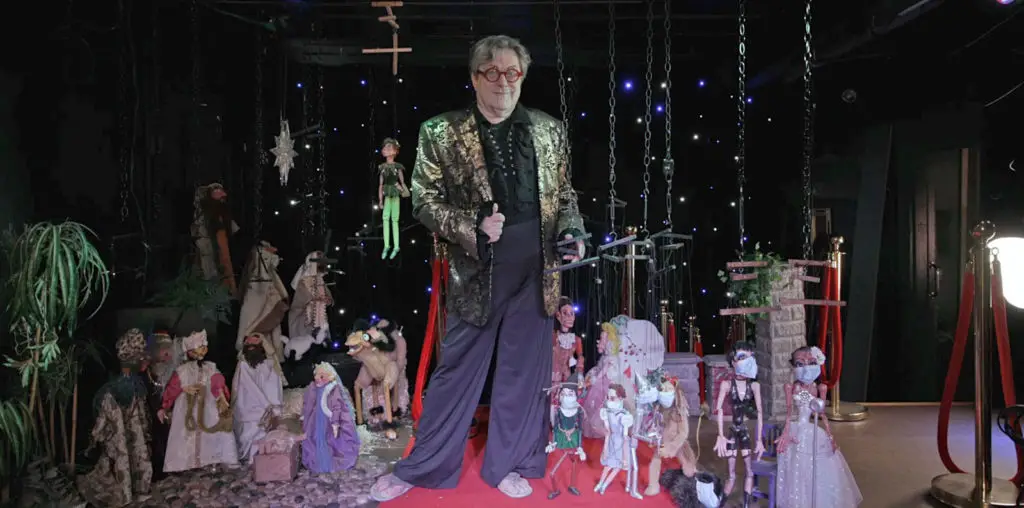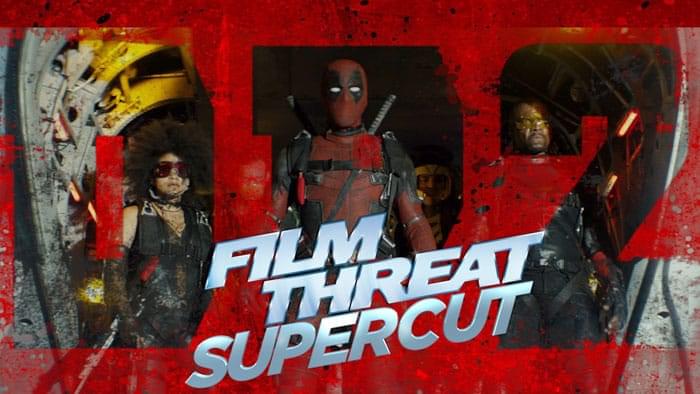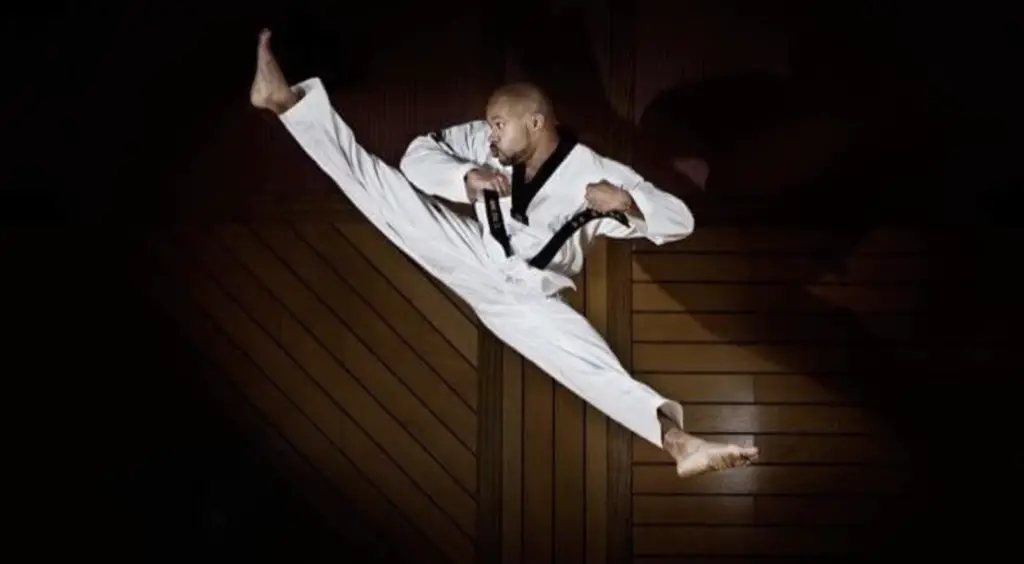
Named after the absurd utopia of birds in an Aristophanes comedy, this abstract, very stylized musical concerns a family and their decision to join a commune. Using a trick reminiscent of the “Tommy” album by The Who, the lyrics to this rock opera are all sung by the same two voices. The actors, in static poses representing ordinary family life, lip sync. The enervated, listless musicality of the songs, typical of Alt Rock of the last 15 years or so, give the film an extremely relaxed meditative air, as if, instead of dramatizing the anxieties of a young couple and their daughter who are about to change their lives entirely, the film was contemplating the story from a great distance.
When they arrive at the commune, it appears to be based on a kind of anti-utopian, realist philosophy. The wife is horrified to see one of the residents, named Booger, swathed in black and acting erratically and destructively, and she is even more alarmed which Booger sneaks into the couple’s bedroom at night.
The film’s centerpiece is a long scene, in the form of a TV interview show, which is a debate between the wife and a mysterious academic man. The debate is moderated by the older woman who runs the commune (played beautifully by video artist Joan Jonas). “Our civilization values space over historical time” is typical of the dialogue, sung in serene slow motion. Shots of a video switching console emphasize that this discussion is being turned into a media product in real time. The debate, in high flown academic language, concerns a critique by the man of the American political system, and the unthinking utopianism which is inherent in the enforced ideology of capitalism and its superiority to all other systems. Hiding behind the polite use of academic terms, the wife attacks the man with considerable venom and resentment, and the fight turns in the end into a physical confrontation, in stylized slow motion, like everything else in the film. In the film’s final episode, what seems to be a blown fuse in the house is revealed as a widespread disaster in the whole area. What they think is a problem in their tiny utopia is really part of something terribly wrong with the entire utopian experiment of America.
In “Cloud Cuckoo Land” Erik Moskowitz and Amanda Trager have created a startlingly original and powerful vision of the film musical. While closely related to the television operas of Robert Ashley, the film is unlike any other I have seen. The music, which, as a CD, would probably have driven me crazy with its energylessness and lack of basic melodic and harmonic structure, became elegiac and oddly moving when coupled with the beautifully photographed images. One of beautiful visual strategies in the film is when the filmed faces of some characters are projected onto the faces of others, creating a metaphor for the psychic projections which we all use in our efforts to imagine new forms of community.
The many layers of distance from immediate physical reality which are created by the stylized use of music, slow motion, and nonrealistic settings, are an apt metaphor for the overly theoretical, intellectual approach which the characters use, in their attempts to intellectualize themselves into a better society. The plaintive sadness of the music underscores the weary sense of failure in this very late, failing moment in America. “Cloud Cuckoo Land” uses music, visual art, and stylized performances to connect personal feelings with political reality in a poetic and powerful way.


